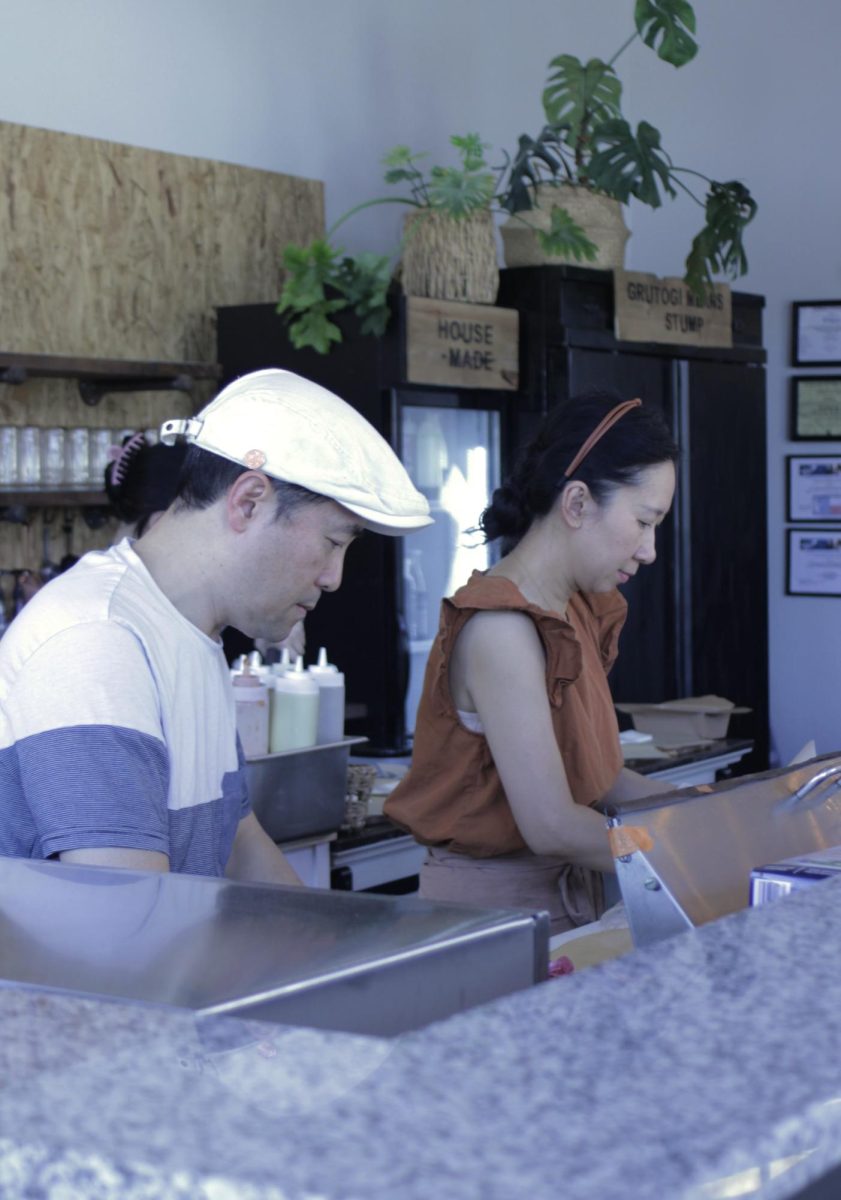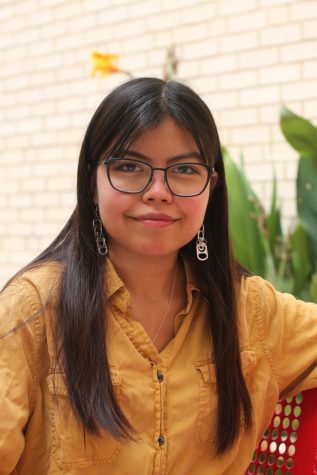
Ever since I was little, I loved to read. My mom would pick me up from school and take me to the library, where I’d get 10 books for the week. I’d read them at breakneck speed, anticipating the next trip. In elementary school, my reading log was filled within three days.
I always went for the more complicated stories. “Little House on the Prairie” instead of “Green Eggs and Ham.” The “39 Clues” series instead of “Where the Wild Things Are.” Mom read to me until I started to take the book from her hands, wanting to soak up the words on my own.
I used to pride myself on reading all the popular series before everyone else did, like the “Hunger Games” and “Percy Jackson.”
As I got older, I would do word searches and crossword puzzles, expanding my vocabulary. Mom made me fill out handwriting books, working on my penmanship. This helped me develop a love for writing and reading, and overall have strong English skills.
But on the other hand, I can’t read, write or speak my native language, Telugu. I can only understand it.. When my parents talk to me in Telugu, I respond in English. Every time I try to open my mouth and speak it, the words catch and I stick to what’s safe. My biggest fear is being judged for sounding “too American.” Sometimes I wonder if I traded fluency in one language for another.
Whenever the kids in elementary school asked me if I could say something in Telugu, I would say something basic, like introducing myself. I always cringed at how the words sounded choppy instead of rolling off my tongue like they do for my family. My classmates couldn’t tell, but it was glaringly obvious to me.
My parents tried to help me learn. I took classes for a couple years in preschool, but I remember very little today. I have a decent vocabulary, but forming a sentence is where I struggle. However, I don’t blame my parents for not pushing me to become fluent.
I would’ve felt insecure if I had an accent when I speak English, or if I had difficulty talking to my friends at school. But at times it feels like I traded one insecurity for another. I can use big words and write stories in English, but I need my mom to translate when I speak to my grandparents on the phone. It‘s painful. I feel like the language barriers I face are ones I built myself.
It also gives me comfort in knowing that some of my friends who are also children of immigrants feel the same way. While some of them are fluent, others are like me, stuck in the awkward in-between. Many of us feel a pressure to assimilate, and the less we associated with our native cultures, the more we could fit in.
But I’ve come to realize that I’m still connected to my culture through our celebrations and traditions. Just because I can’t speak my native language doesn’t mean I’ve lost that part of who I am, even though I may lose my language. Culture can be expressed in many ways, like family recipes. We can all value the cultural parts of our life that make each family different.










